A Fundraiser for Gaza Hopes to Wake Up the Coffee Industry
For 18 months, the coffee industry has remained mostly silent about the ongoing destruction of Gaza. A new fundraiser hopes to raise money—and jolt the industry awake.

Hello and welcome to a delayed Coffee News Roundup, as Storm Arwen tore through Highland Perthshire and knocked the power out. After a very cold night and coffee-less morning we’re finally back in business, so let’s take a look at what’s been going on this week.
You may already have heard (especially if you read last week’s Roundup, that Starbucks baristas in Buffalo, New York, and now in Meza, Arizona, are pushing to unionize their stores—and Starbucks is not happy.
The company has long cultivated a progressive image—and it’s important to note that, in many aspects, it is quite progressive—but the reaction of upper management to its workers organizing has really let the mask slip.
This past week has seen the publication of numerous articles that show the power imbalance between Starbucks and its employees, and how the company has reacted to the labour drive.
“Management urges baristas to reject the union at mandatory ‘listening’ sessions and shuts stores holding drives,” reads the subtitle of an article in the Guardian. The article continues, “Workers have reported numerous captive audience meetings, one-on-one meetings, store shutdowns, closures, remodelings, and text messages – a mode of contact that was previously used only for emergencies.”
In an article in Salon titled Union busters: Why Starbucks executives are suddenly swarming stores, workers tell of high-level corporate management showing up unexpectedly at their stores to dissuade them from voting to unionize. One employee said, "The day after we sent a letter to [Starbucks CEO] Kevin Johnson telling him that we're forming an organizing committee and that our goal is to form a union, they sent in people like [President of Retail for North America] Rossann Williams, their support managers at all of our stores, [and] they've been hosting weekly or bi-weekly anti-union meetings."
Not that it’s necessarily working: "Just seeing that has made me even more determined to unionize at this point because … they're not living up to their mission and values."
Fortune, which interviewed some of the baristas leading the unionization effort, reports: “Starbucks, which is ranked 125 on the Fortune 500, amassed more than $29 billion in revenues during its fiscal 2021, with nearly $5 billion in profit. Workers supporting the union effort say the company owes more support to its retail employees grappling with understaffed stores, shoddy equipment, insufficient training, and low wages.”
And, as an excellent article in Prospect notes, a unionized workforce could work in Starbucks’ favour:
Imagine the marketing a unionized Starbucks could do. Imagine the potential long-term brand loyalty from younger customers, who in surveys are even more supportive of unions than their elders (more than three-quarters approve of unions). And conversely, consider the business downsides of being viewed as a union-buster. Many customers care about corporate ethics these days. And Starbucks isn’t a monopoly like Amazon; when it comes to coffee, customers can easily vote with their feet, since there are plenty of other places to get a cup of joe.

Arabica, Robusta Coffee Futures Hit Highest Prices in 10 Years
NSF ‘Convergence Research’ Grants Total $3.4 Million Towards Sustainable Coffee Project
Phoenix Airport Restaurant, Coffee Shop Workers Go On Strike
It’s a Starbucks-heavy Roundup this week.
Starbucks in Tokyo has launched reusable, returnable tumblers in an attempt “to curb the use of single-use coffee cups.” According to the company itself, Starbucks accounts for 6 billion paper and plastic cups distributed globally each year (it frames it as “only 1%” of the 600 billion total).
The article/press release in Time Out announcing the move gives a nice rundown of the extremely complicated app-based method by which customers can “rent” the cups (for free!), and also notes that the app “also allows you to track potential emissions and the amount of carbon dioxide generated if you had used a disposable cup. So you can see how your choice is helping the environment.”
Because of course, fighting climate change is all about personal choices.
Perhaps! This week, research from Australia has found that higher coffee consumption is associated with a reduced risk of Alzheimer’s. The study tracked the coffee habits of 200 participants over the course of a decade, and those with higher coffee consumption had a lower risk of developing cognitive issues—whether that coffee was caffeinated or not.
According to Daily Coffee News, “Higher consumption was also associated with better results in executive cognitive function, which includes such elements as planning, self-control, and attention.”
What Is The C Market? by Jorge Cuevas
For Brazil Co-op, Price of First Carbon-Neutral Coffee is Sweet by Roberto Samora
Until next week, drink good coffee.
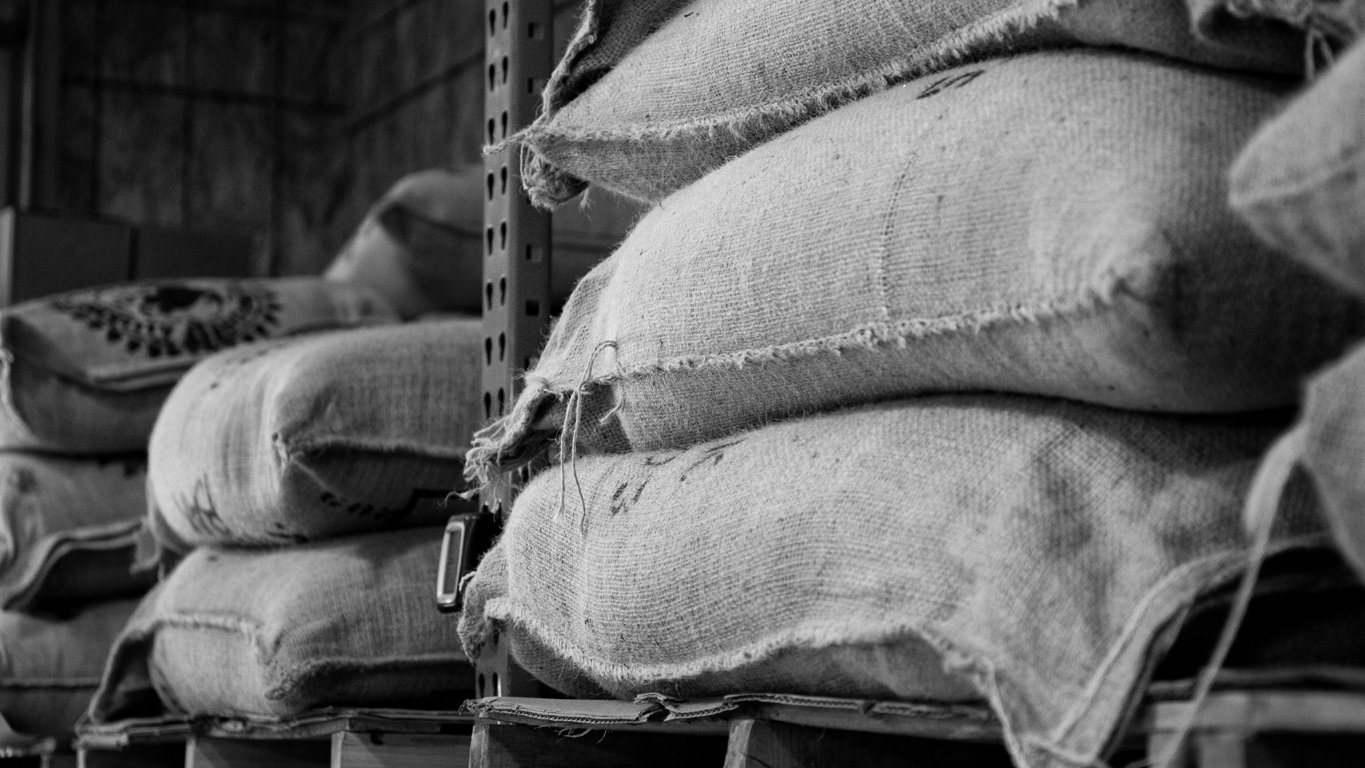
Nov 24, 2023 Connecting the Dots: Inside the 2023 Coffee Barometer Nov 24, 2023 Nov 24, 2023
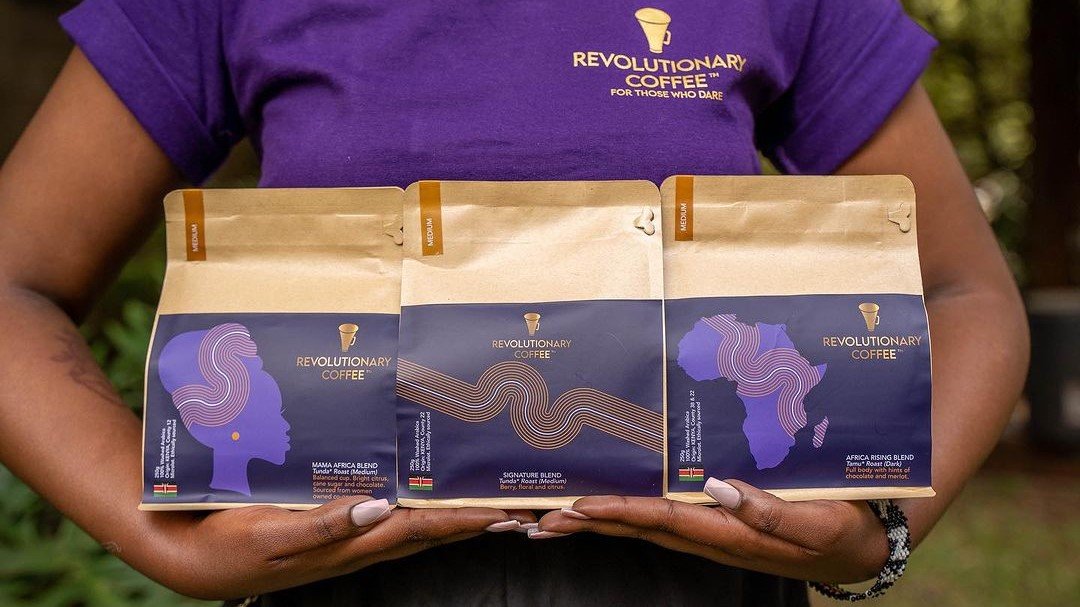
Oct 21, 2023 'Specialty Coffee Should be Enjoyed by Those Who Grow It': The Farmer's Daughter Joining Kenya's Coffee-drinking Revolution Oct 21, 2023 Oct 21, 2023
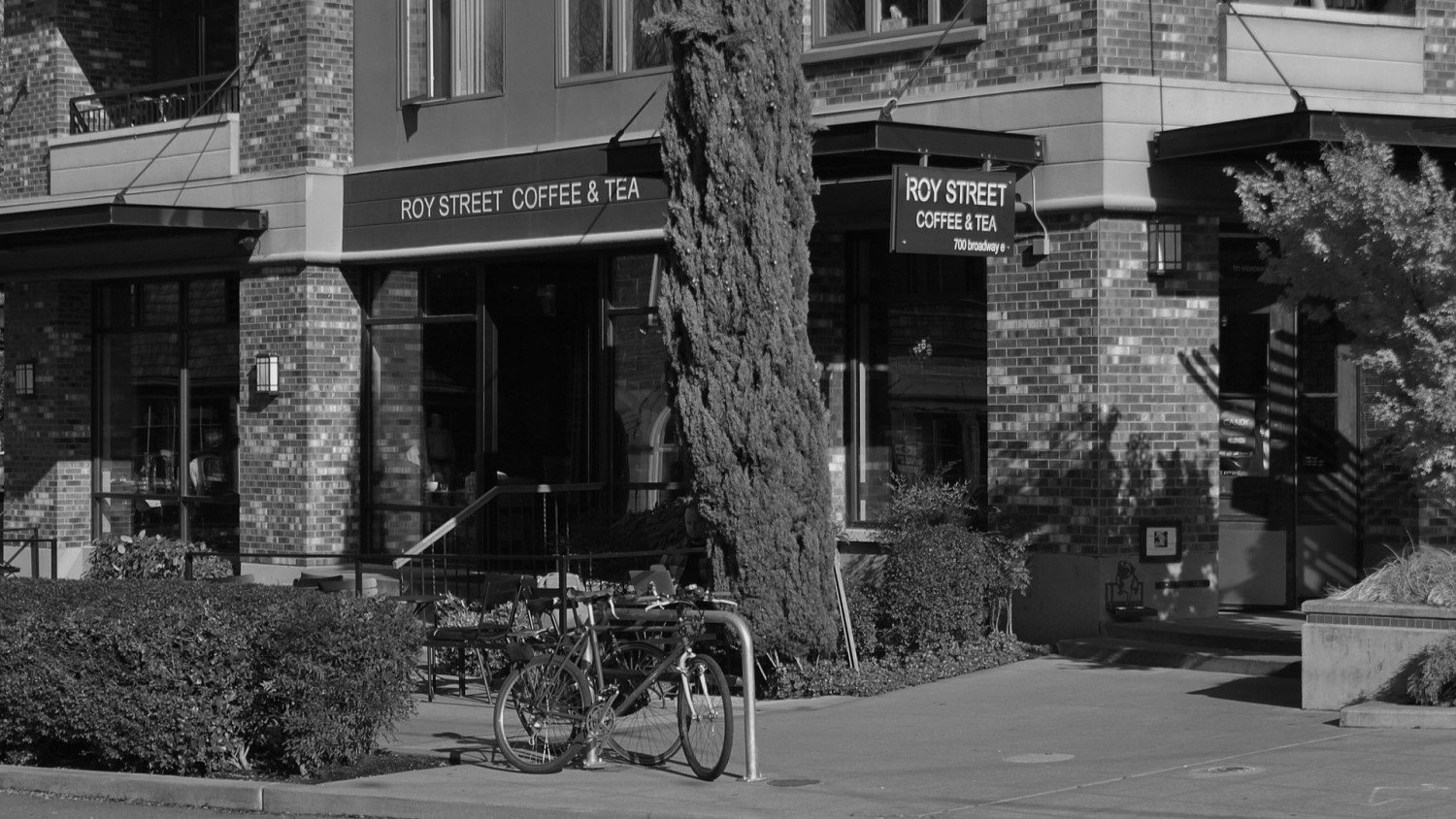
Oct 6, 2023 Stealth Starbucks: A Premonition of Modern Specialty Coffee Oct 6, 2023 Oct 6, 2023
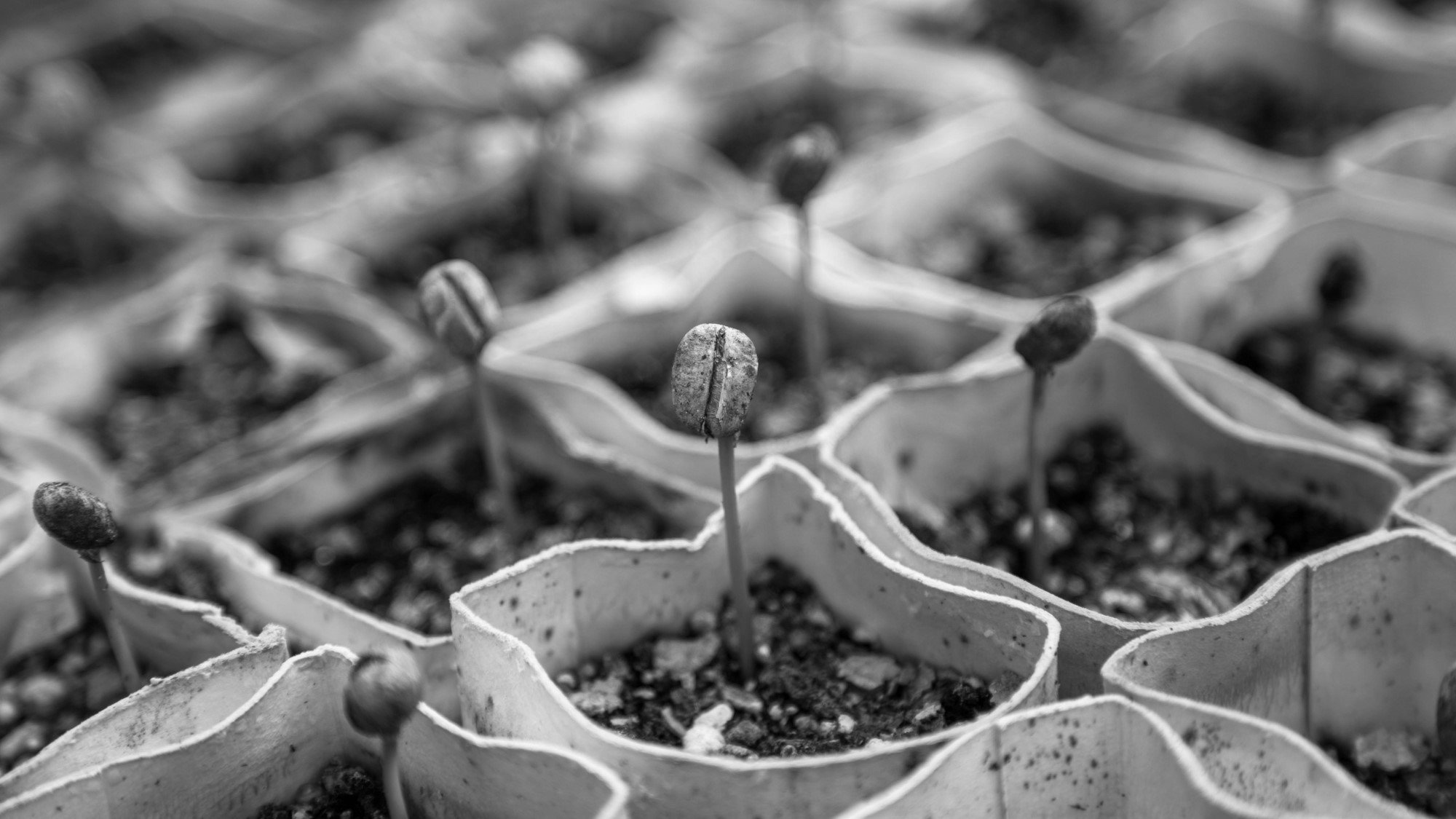
Sep 22, 2023 Can the Coffee Change Fund Save Coffee? Sep 22, 2023 Sep 22, 2023
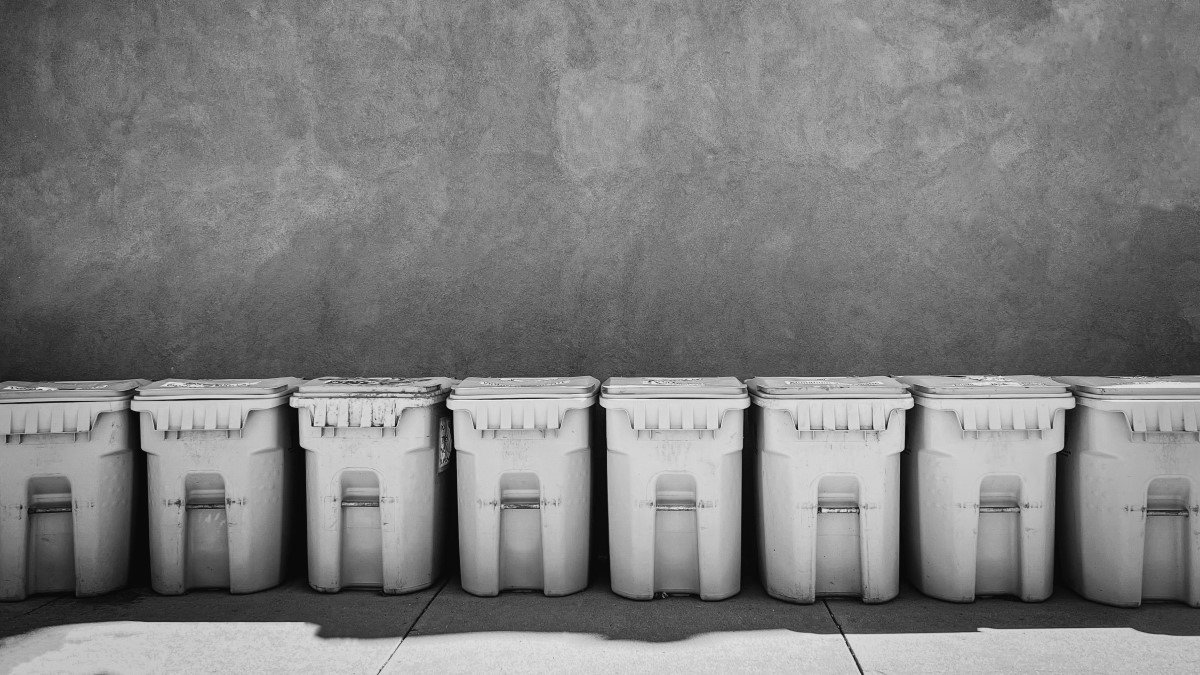
Sep 8, 2023 Upcycled Coffeewashing Sep 8, 2023 Sep 8, 2023

Aug 25, 2023 From A Concerned Farmer Aug 25, 2023 Aug 25, 2023

Aug 11, 2023 Philly is a (Coffee) Union Town Aug 11, 2023 Aug 11, 2023
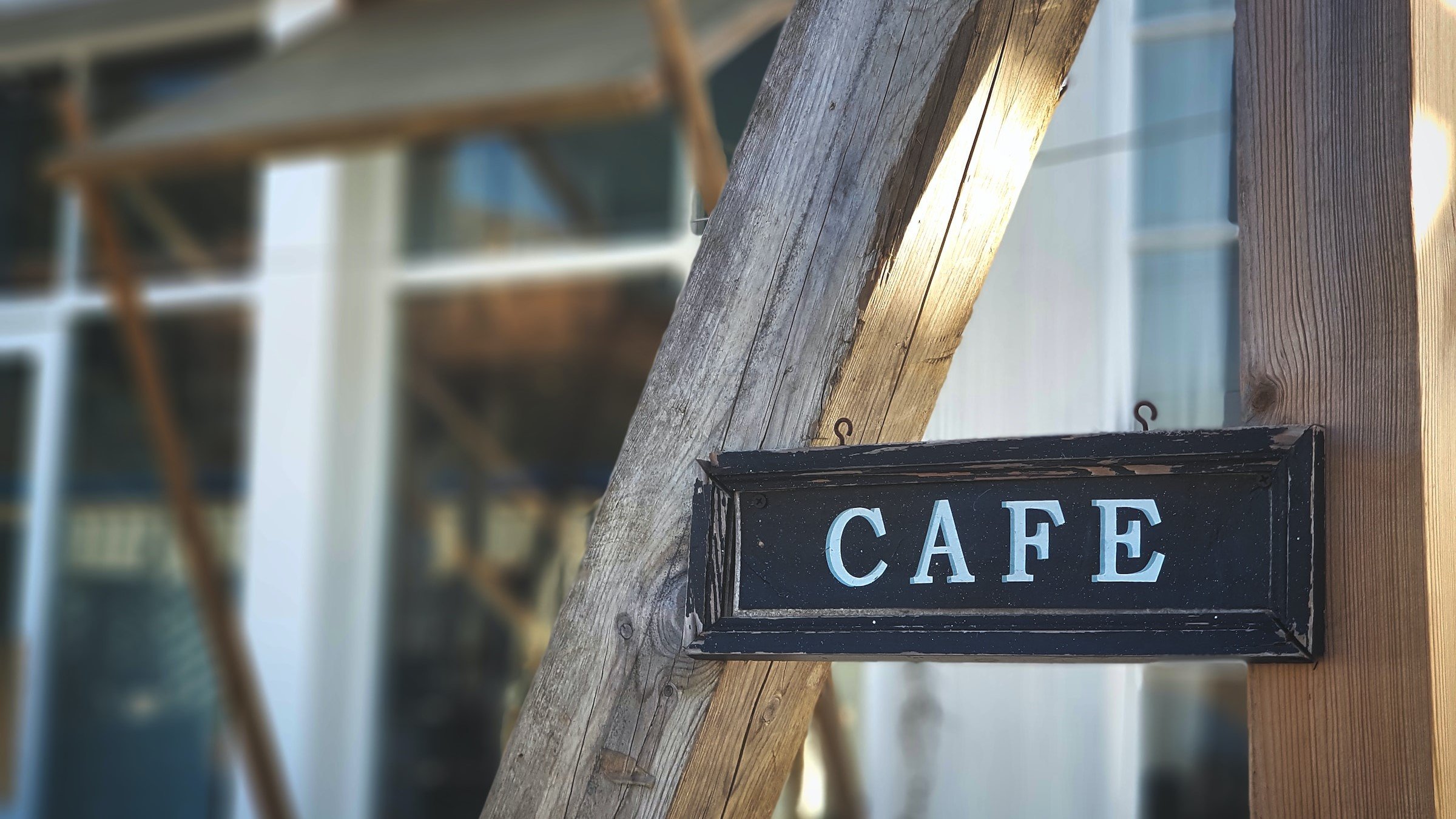
Jul 28, 2023 South Korea's Coffee Wars Jul 28, 2023 Jul 28, 2023

Jul 14, 2023 Camp Coffee, Colonialism, and the Evolution of a Brand Jul 14, 2023 Jul 14, 2023
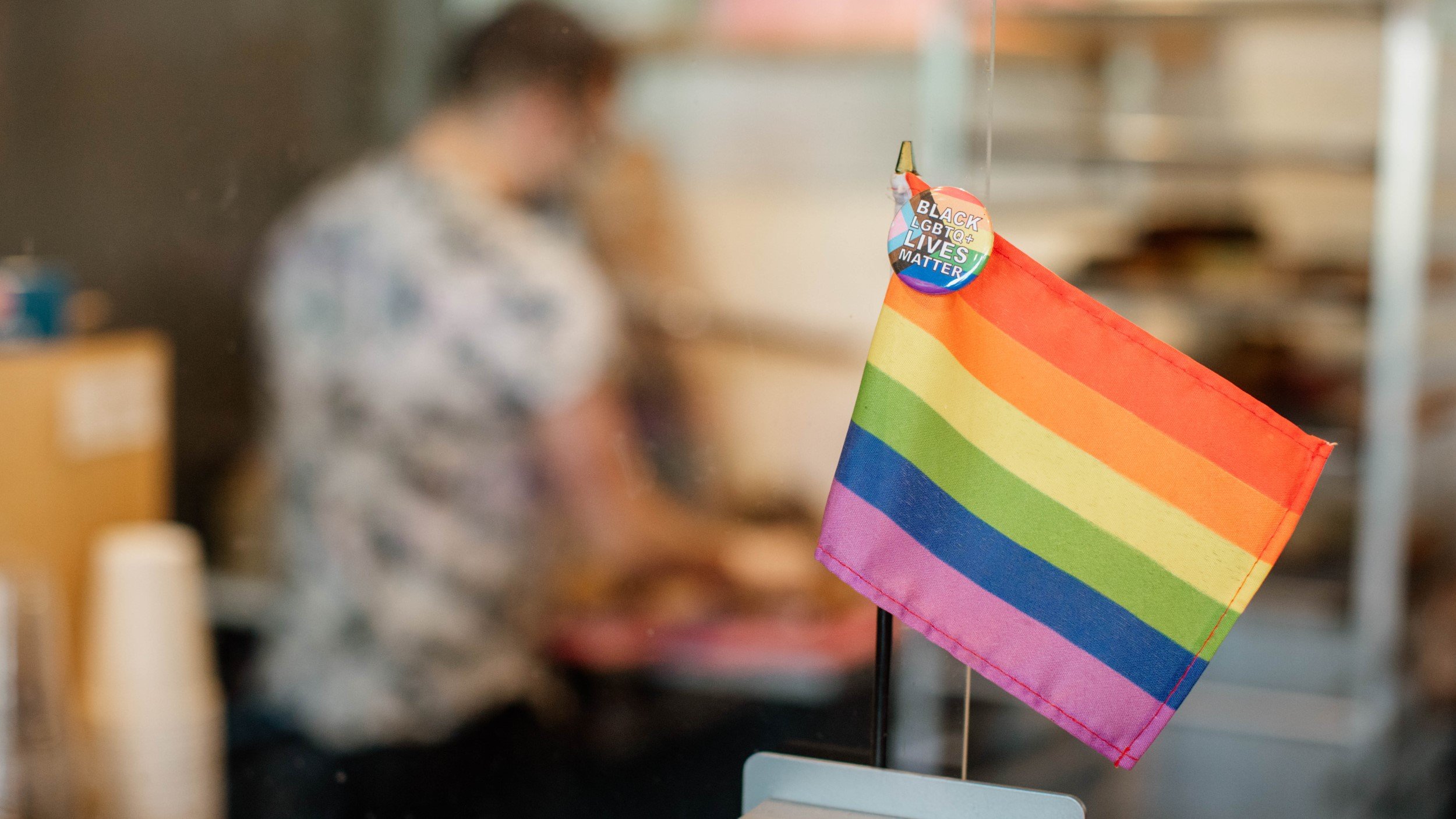
Jun 30, 2023 Defiance and Gay Frog Donuts: How Strange Matter Coffee is Navigating the Anti-LGBTQ+ Backlash Jun 30, 2023 Jun 30, 2023
A newsletter about coffee—its culture, politics, and how it connects to the wider world.